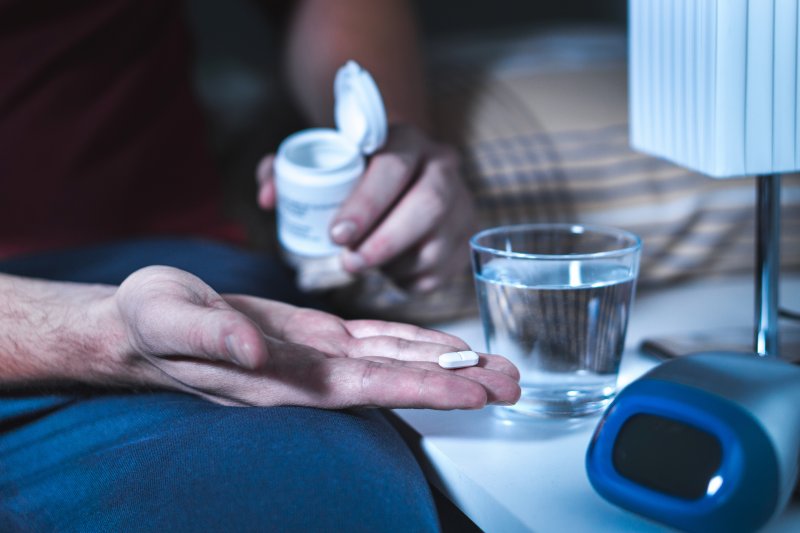
Statistics show that over 22 million Americans are currently suffering from some form of sleep apnea. The condition prevents them from getting the valuable rest they need, which then hinders their ability to function normally when they’re awake. If you, too, are struggling with sleep apnea, then you’re likely looking for any help you can find. Will sleeping pills in State College assist with getting the valuable rest you need at night? Find out the answer as you continue reading.
Why Sleep Apnea Interrupts Your Rest
Sleep apnea is the recurring pause in breathing that can happen dozens of times throughout the night. Although these lapses typically only last a few seconds, each interruption triggers your brain to send a distress signal that causes you to awaken. This can leave you feeling lethargic the next day, and it can place you at risk of developing some life-threatening conditions.
While the safest route to take is to visit your doctor about the matter, some people are opting to bypass this step and use sleeping pills to combat their sleep apnea. Before you try this, you need to know whether it’s actually safe and effective.
The Purpose of Sleeping Pills
Also known as sedative hypnotics, sleeping pills are primarily designed to help people who have insomnia rest at night. The latter should not be confused with sleep apnea, as insomnia is a sleep disorder that is characterized by an inability to fall or stay asleep.
Sleep apnea is a much more serious condition, as it’s a sleep breathing disorder. Whenever there is a compromise in your flow of oxygen, the health threat is greater; thus, targeted care is needed for recovery. If the condition goes ignored, it leaves you more susceptible to developing life-threatening conditions like hypertension, stroke, heart disease and diabetes.
By relying on sleeping pills to treat sleep apnea, you not only risk these problems emerging, but you can also hasten the negative effects.
How Sleeping Pills Can Make Sleep Apnea Worse
Most over-the-counter sleep medications contain an ingredient called diphenhydramine to help induce sleep. Their relaxation properties can have an adverse effect if you’re suffering from sleep apnea because, along with quieting the mind, they can cause your throat muscles to relax.
The most common form of sleep apnea is obstructive sleep apnea (OSA), which is the result of the throat muscles being flaccid while you sleep and partially blocking the airway. That means that taking a sleeping pill can add to the problem and contribute to your bouts of apnea increasing.
The Safer Route to Take
If you’re diagnosed with sleep apnea, the safer and more effective way of responding is to visit a local sleep dentist. The specialist can custom-craft an oral sleep appliance to comfortably fit your mouth. It’s designed to slightly shift your jaw forward while you sleep to keep your airway open, which will decrease any loud snoring and help you get the rest your mind and body need.
To recover from sleep apnea in State College without having to worry about exacerbating the condition, contact your sleep dentist to schedule a visit.
About the Author
Dr. Donald Marks is a graduate of the University of Pittsburgh School of Dental Medicine. He specializes in treating sleep apnea at State College Dental Sleep Medicine, and he can be reached for more information through his website.
